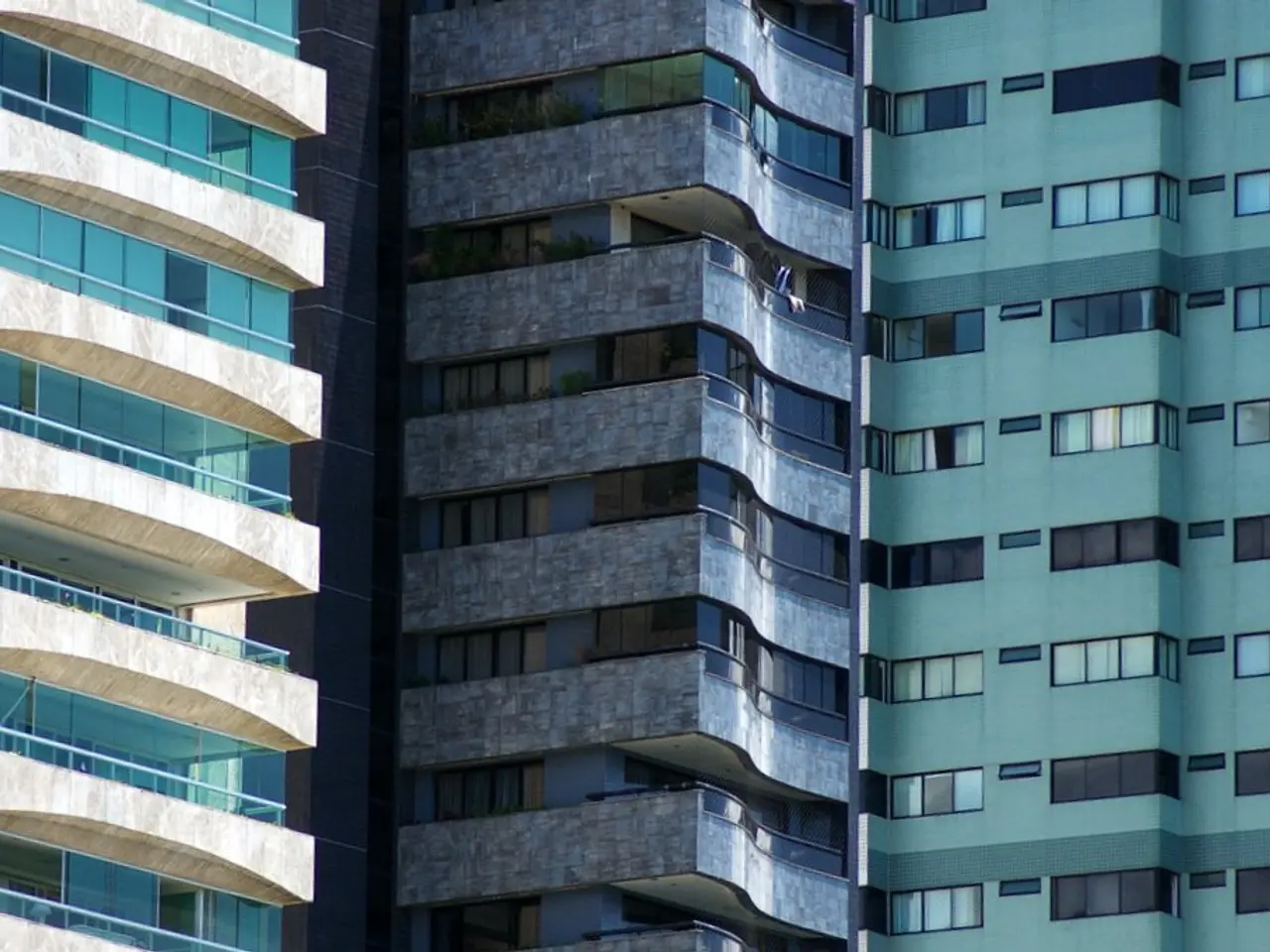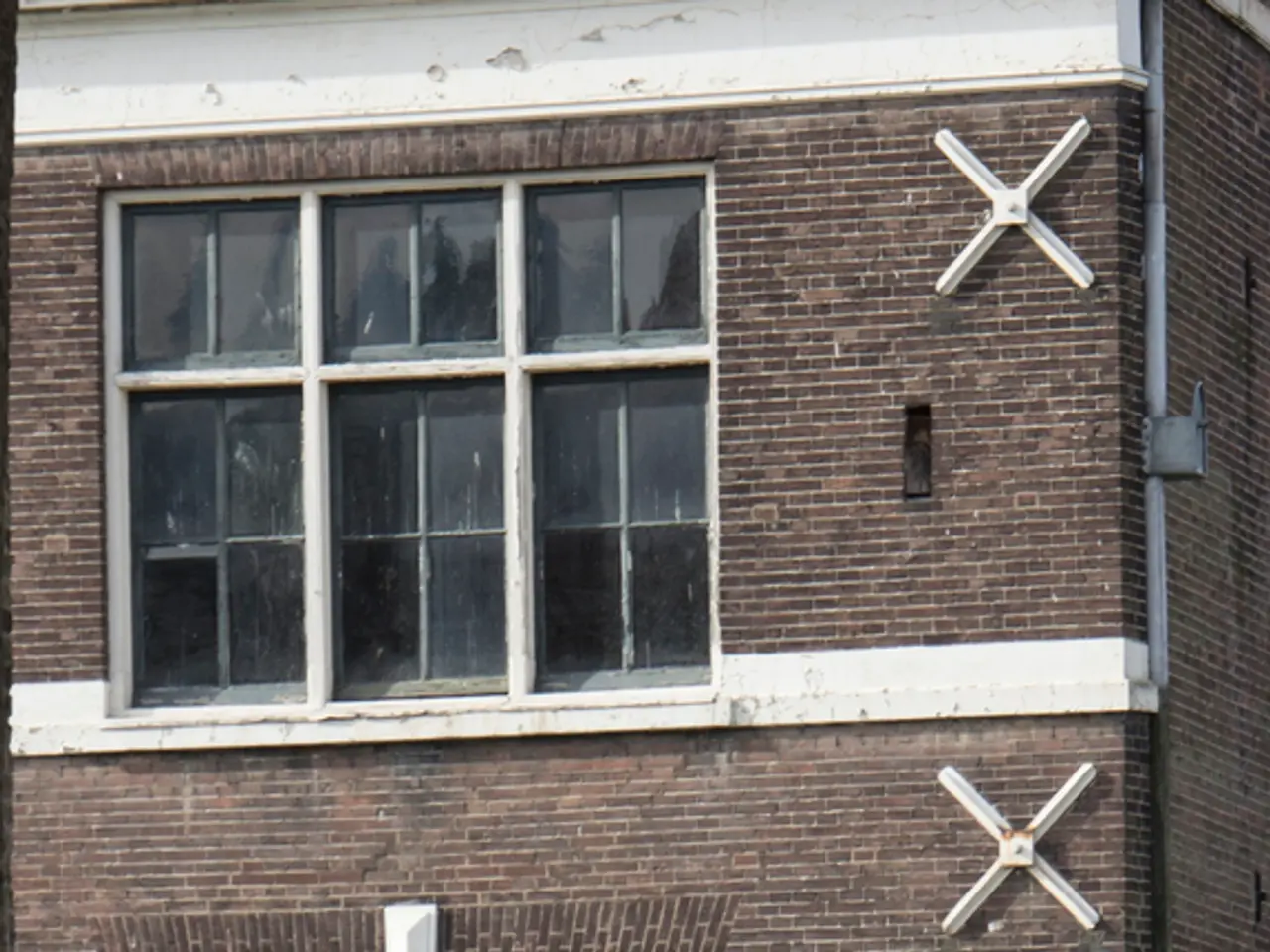Construction enhancement initiative on horizon for German housing market
Germany is taking steps to address its acute affordable housing crisis with the introduction of a new legislative amendment called Bau-Turbo. This measure, designed to speed up and simplify the approval process for housing development projects, could potentially reduce delays and costs, thereby facilitating more rapid housing development and contributing to easing Germany’s housing shortage.
The new legislation, which allows local authorities to bypass certain strict Building Code provisions for new residential constructions, is seen as a creation of possibilities. It enables municipalities to approve construction or renovation projects without the usual detailed regulatory compliance, and planning applications will automatically be approved after two months unless explicitly objected to by local authorities. This streamlined approach aims to tackle one of the key bottlenecks: the lengthy and complex urban planning and approval processes, which often take longer than the actual construction phase.
The Bau-Turbo is expected to have several significant impacts. It is projected to speed up housing development, save significant costs, facilitate the conversion of commercial zones to residential use, and promote climate-friendly construction alongside increasing social and affordable housing stock. The Construction Ministry estimates that the legislative amendment will save around €2.5 billion ($2.9 billion) annually.
However, the effectiveness of Bau-Turbo lies in its ability to reduce obstacles rather than directly solving issues related to construction costs, labor shortages, or financing pressures, which separately hamper project viability. With only about 205,000 new apartments expected to be completed in 2025 against a demand estimated around 320,000 annually, Bau-Turbo could help close this gap.
The potential drawbacks of Bau-Turbo are not without concern. Environmentalists have expressed fear that green spaces may be built on as new development projects are waved through with less time for local residents to object. The importance of green spaces, particularly for active cooling during heatwaves, has been emphasized by Stefan Petzold from NABU.
In summary, the Bau-Turbo legislation represents a critical but partial component of broader housing market reforms. While it may not directly address other systemic challenges such as rising construction costs or skilled labor shortages, its impact could be significant in reducing delays and costs, thus facilitating more rapid housing development and contributing to easing Germany’s housing shortage.
The new coalition of CDU/CSU and SPD is planning to boost the Construction Ministry's budget for 2025 to €7.4 billion from €6.7 billion the previous year. This increased budget will be invested in the construction of social housing, climate-friendly construction projects, turning commercial areas into residential areas, and promoting homeownership for young families.
As Tim-Oliver Mueller, managing director of the Federal Association of the German Construction Industry, welcomes the government’s plans, he warns that housing construction will not pick up again overnight. Matthias Günther, head of the Pestel Institute, criticizes the new legislation as "a lot of hot air" that won't have immediate effects. Despite these reservations, the Bau-Turbo plans are seen as an "exciting experiment" by Bernard Faller from the Federal Association for Housing and Urban Development (VHW).
[1] Bau-Turbo: Germany’s Construction Turbo Plans to Ease Housing Shortage [2] Germany Needs 320,000 New Homes Every Year Until 2030, Says Institute [3] Germany’s Housing Market: What’s Behind the Shortage?
- The new legislation, named Bau-Turbo, is being hailed as a potential solution to Germany's severe housing shortage, with a streamlined approval process for housing development projects aimed at reducing delays and costs.
- Environmentalists express concern that the Bau-Turbo plans may lead to the loss of green spaces as new development projects are expedited, highlighting the importance of these areas, particularly for urban cooling during heatwaves.
- The Construction Ministry forecasts that the Bau-Turbo legislation could save around €2.5 billion ($2.9 billion) annually, and the new coalition government plans to increase the Construction Ministry's budget for 2025 to fund the construction of social housing, climate-friendly projects, and residential zones from commercial areas.
- Critics argue that while the Bau-Turbo legislation may contribute to faster housing development, it does not directly address other systemic challenges such as rising construction costs or skilled labor shortages.
- The media, both domestically and internationally, have covered the Bau-Turbo plans extensively, offering a comprehensive analysis of the potential impacts on the German economy, society, and environment.
- The political implications of the Bau-Turbo legislation extend beyond housing, with the government investment in social housing seen as a commitment to addressing societal needs, while the promotion of homeownership for young families could influence the political stance of this demographic in future elections.








